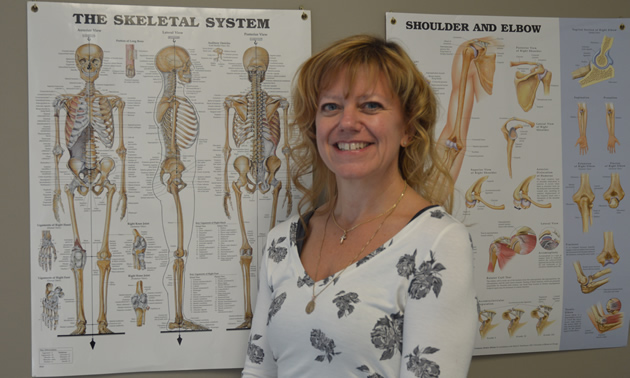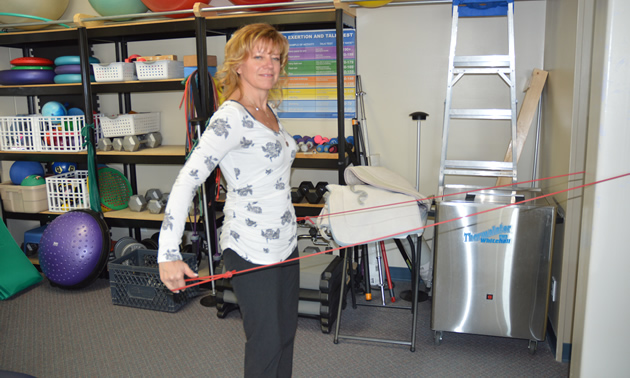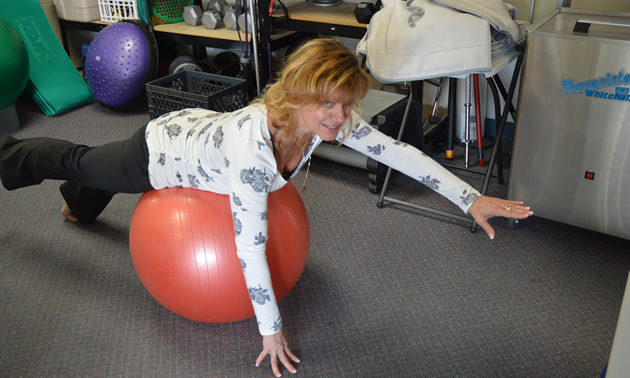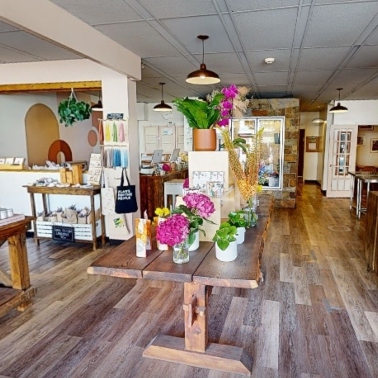Small effort, big benefit
Significant improvements to health and strength can result from very little effort
Here are some facts you may already know: the occurrence of Alzheimer's and dementia is increasing; assisted-living and long-term care costs are high and getting higher; and there aren't enough senior-care facilities or community services to meet the demand. With these hard facts in mind, we posed the following question to Suzanne Thompson, a physiotherapist and owner of Kootenay Therapy Center in Cranbrook, B.C.
Realistically, what can we do to preserve our competence, take care of ourselves and live independently for as long as possible?
Fear of falling and feeling uncertain of your strength and competence may keep you sitting on the couch, and that accelerates the problem, Thompson said. We need better flexibility, strength, stability and cardiovascular health. Improving those areas is really quite simple—we can do it easily by being more efficient.
Here are some simple suggestions for activity that doesn’t take any extra time.
- Whenever you’re standing and waiting for something, stand on one foot.
- Do some squats or heel raises while waiting for the microwave.
- When you’re sitting or standing, correct your posture.
- When you’re watching TV, sit for part of the time on a stability ball, engaging your core muscles.
- During commercials or when you’re on the phone, stand up and march on the spot—it improves your circulation and stimulates your organs—or do a few stretches—it feels great and it improves flexibility.
- Do a few sit-ups to strengthen your abs and support your lower back, or use the arm of your couch to do modified push-ups to strengthen your upper body.
Incorporating movement like that doesn’t take any extra time and it doesn’t tax your body in a big way, but it does have big results. If you start doing these activities daily, your balance and core strength will improve surprisingly quickly, reducing your risk of falls, giving you more energy and sometimes helping to reduce your aches and pains. That will make you feel confident about being more active.
Moderate walking or cycling a few times a week, and some strength training, are great additions. It’s important to be active even if you’re thin, because physical activity is shown to improve brain health.
If you can do some of your activities with a friend or a group, that’s even better, because it adds a social component to the mix—important for seniors who live alone. Social isolation is right up there with heart disease and high blood pressure as a threat to your health.
Also, remember that restorative rest and a healthy diet are crucial to our well-being.









Comments